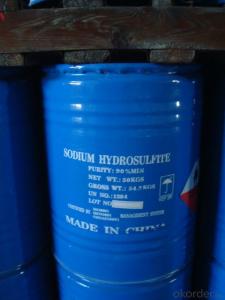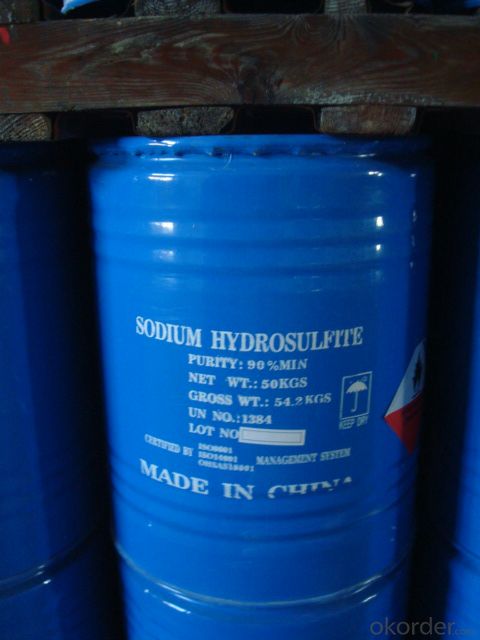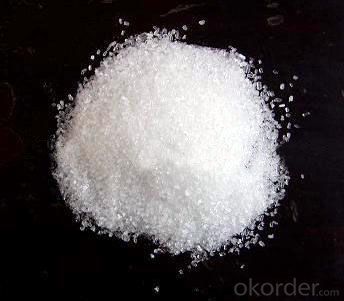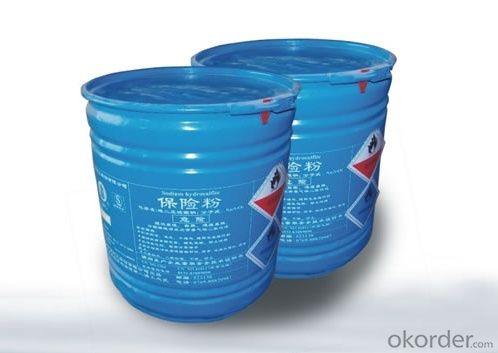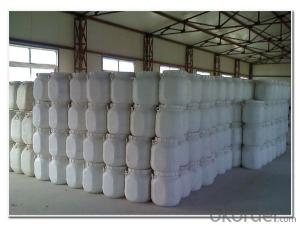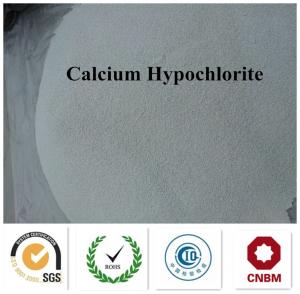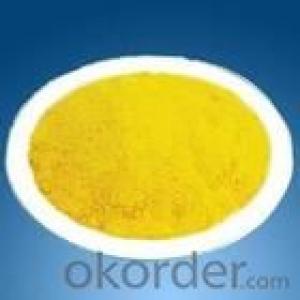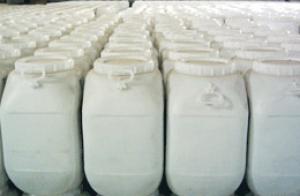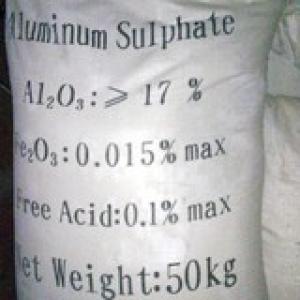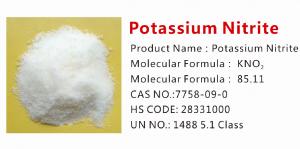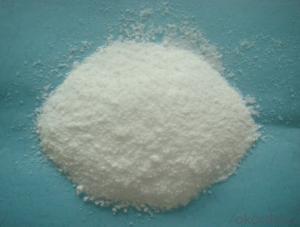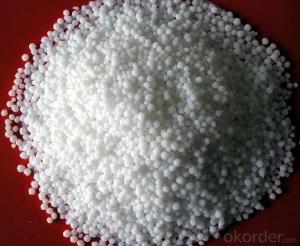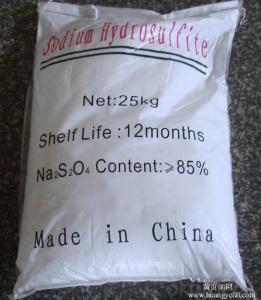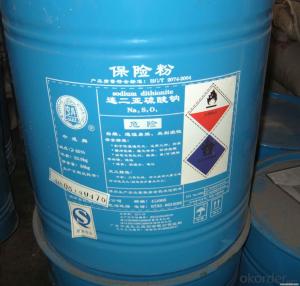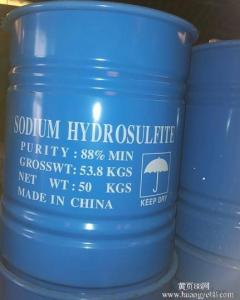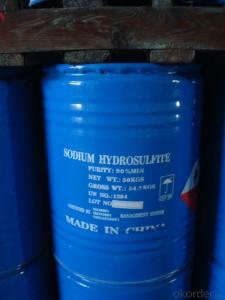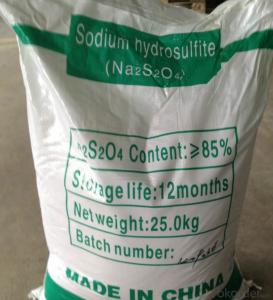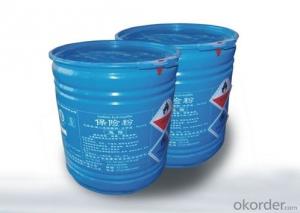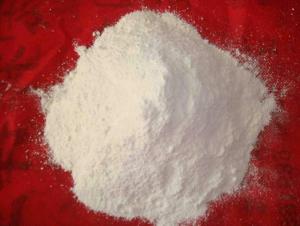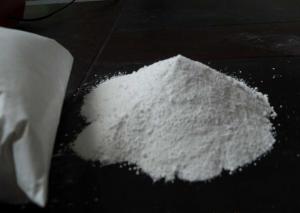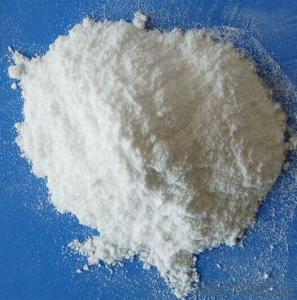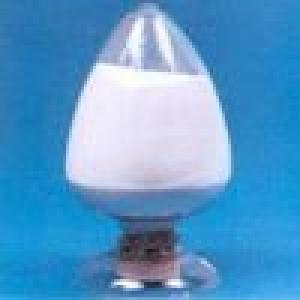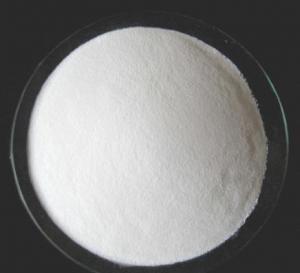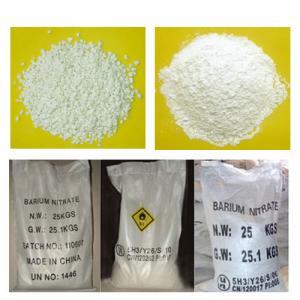The best Quality with Lower Price of Sodium Hydrosulphite in China
- Loading Port:
- Qingdao
- Payment Terms:
- TT or LC
- Min Order Qty:
- 22 m.t.
- Supply Capability:
- 3000 m.t./month
OKorder Service Pledge
OKorder Financial Service
You Might Also Like
1.Structure of Sodium Hydrosulfite Description:
Commodity name: Sodium Hydrosulfite Na2S2O4 Sodium Hydrosulfite Sodium Dithionite Price
Molecular formula:Na2S2O4
Molecular weight:174
CAS Number 7775-14-6
H.S code 28311010
UN number 1384
Class 4.2
2.Main Features of Sodium Hydrosulfite:
It is a versatile chemical that's used in the manufacture of a variety of products we all use every day,
from photographic film to wine; from fine writing papers to leather goods; from colored fabrics to metal recovery.
While the applications for this chemical workhorse are as vast and as varied as the industries that use it,
in most cases, sodium hydrosulfite performs one of the following three roles:
1) As reducing agent, hydrosulfite chemically reduces othercomponents by donating an electron or electrons
2) As sulfonating agent, hydrosulfite adds sulfur to another chemical compound
3) As cation source, hydrosulfite adds a cation, or sodium, to a product system
3.Sodium Hydrosulfite Images

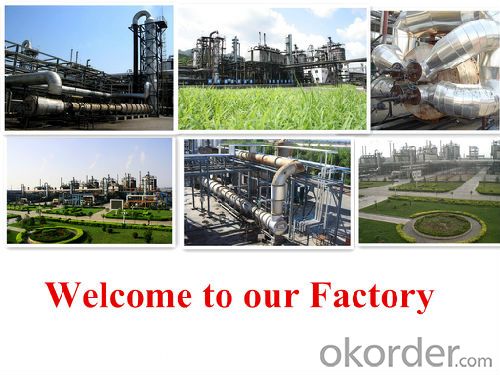

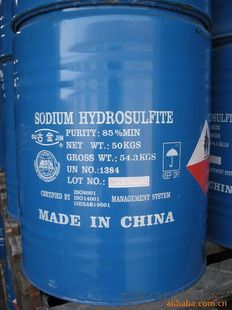
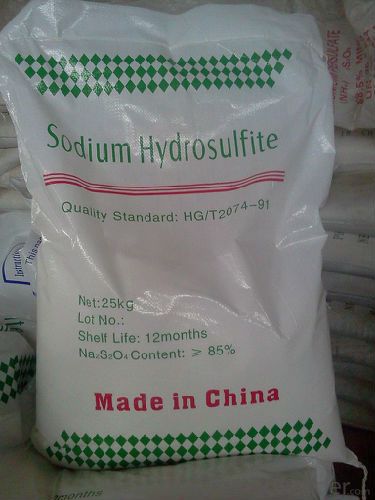
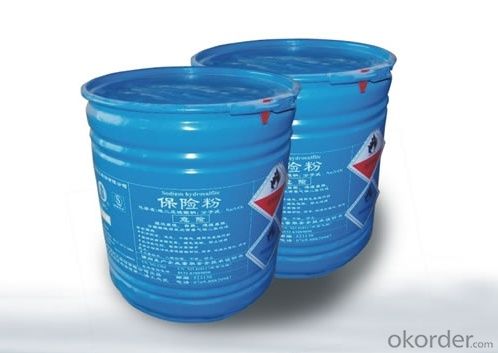
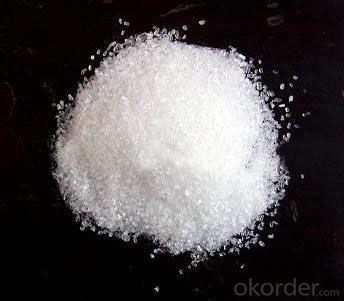
4.Sodium Hydrosulfite Specification
Standard:HG2932-1999
Index | Technical Grade HG/T 2074-2011 | Food Additive GB 22215-2008 | ||
Na2S2O4, | ≥ 90% | ≥ 88% | ≥ 85% | ≥ 88% |
Iron (Fe), | ≤20ppm | ≤ 20ppm | ≤ 20ppm | ≤ 20ppm |
Zinc (Zn), | ≤ 1ppm | ≤ 1ppm | ≤ 1ppm | ≤ 1ppm |
solution appearance | clear | clear | clear | clear |
EDTA, | / | / | / | qualified |
Arsenic(As), | / | / | / | ≤ 1ppm |
Other heavy metal( As Pb), | ≤ 1ppm | ≤ 1ppm | ≤ 1ppm | ≤ 1ppm |
Formate (As HCHO), | / | / | / | ≤ 0.05% |
water insolubles, | ≤ 0.05% | ≤ 0.05% | ≤ 0.05% | / |
Cadmium (Cd) | / | / | / | ≤ 2ppm |
Plumbum (Pb) | / | / | / | ≤ 5ppm |
5.FAQ
1)How many tons does your factory can supply each moth?
30000tons/month
2)How to quarantee the quality of the products?
you can arrange SGS&BV or other quality inspection.
3)How many days you need to pepare the cargo after we made the order?
within 30 days.
- Q: Can inorganic salts be tested by LC / MS?
- LC-MS mass spectrometer for organic matter, inorganic salts can not be atomized not applicable, and will pollute the instrument.
- Q: Why plasma osmotic pressure and protein, inorganic salt content
- Plasma osmotic pressure is divided into crystalline osmotic pressure and colloid osmotic pressure.
- Q: Is the conduction of excitement on neurons related to inorganic salts?
- Neurons are cells with long synapses (axons) that consist of cell bodies and cell processes. In the long axon with a layer of sheath, composed of nerve fibers, it is a small branch of the end called nerve endings. Cell bodies are located in the brain, spinal cord and ganglion, the cell processes can be extended to the body organs and tissues. The cell body is a nuclear part of the cell, its size is very different, about 4 to 120 microns in diameter. Nuclear large and round, located in the central cell, less chromatin, nucleolus obvious. There are plaque outside the cytoplasmic chromatin (formerly known as Neil body), there are many neuronal fibers.
- Q: What are the effects of inorganic salts on plant growth?
- N: promote cell division and growth, so that leaves grow lush. Lack of performance: plant thin and thin, leaves yellow, severe leaves were light brown.
- Q: The lack of symptoms and food sources of several inorganic salts
- Food sources of inorganic salts containing calcium Source: dairy products, beans, cereals, kelp and so on. Source: seafood, etc. Food of iron-containing inorganic salts Source: Fruits Containing iodine-containing inorganic salts Source (trace): seaweed, jellyfish, corn, mussels, etc. Zinc-containing inorganic salt food sources (trace): animal liver (viscera), fruit, peanuts, etc.
- Q: A solution is known to contain an inorganic salt of one of the following elements. The solution is colorless. The solution contains a salt ofa. Cub. Mnc. Fed. Nie. Zn
- Mn or Zn. Both MnSO4 and ZnSO4 solutions are water-white. KMnO4 is purple. But you did not stipulate.
- Q: Salt is not a kind of inorganic salt
- Salt chemical name is called "sodium chloride", chemical symbol: NaCl
- Q: What is the difference between organic salt and inorganic salt?
- one is organic while the other is inorganic
- Q: People lack the inorganic salt will be what disease
- Calcium deficiency can lead to osteomalacia, osteoporosis, etc., can also lead to convulsions.
- Q: Is the inorganic salt the same as the saline?
- Inorganic salts are inorganic compounds in the tears, originally called minerals. A large number of elements are calcium Ca, phosphorus P, potassium Ka, sulfur S, sodium Na, chlorine Cl, magnesium Mg, trace elements iron, zinc, selenium, molybdenum, fluorine , Chromium, cobalt, iodine and the like.
Send your message to us
The best Quality with Lower Price of Sodium Hydrosulphite in China
- Loading Port:
- Qingdao
- Payment Terms:
- TT or LC
- Min Order Qty:
- 22 m.t.
- Supply Capability:
- 3000 m.t./month
OKorder Service Pledge
OKorder Financial Service
Similar products
Hot products
Hot Searches
